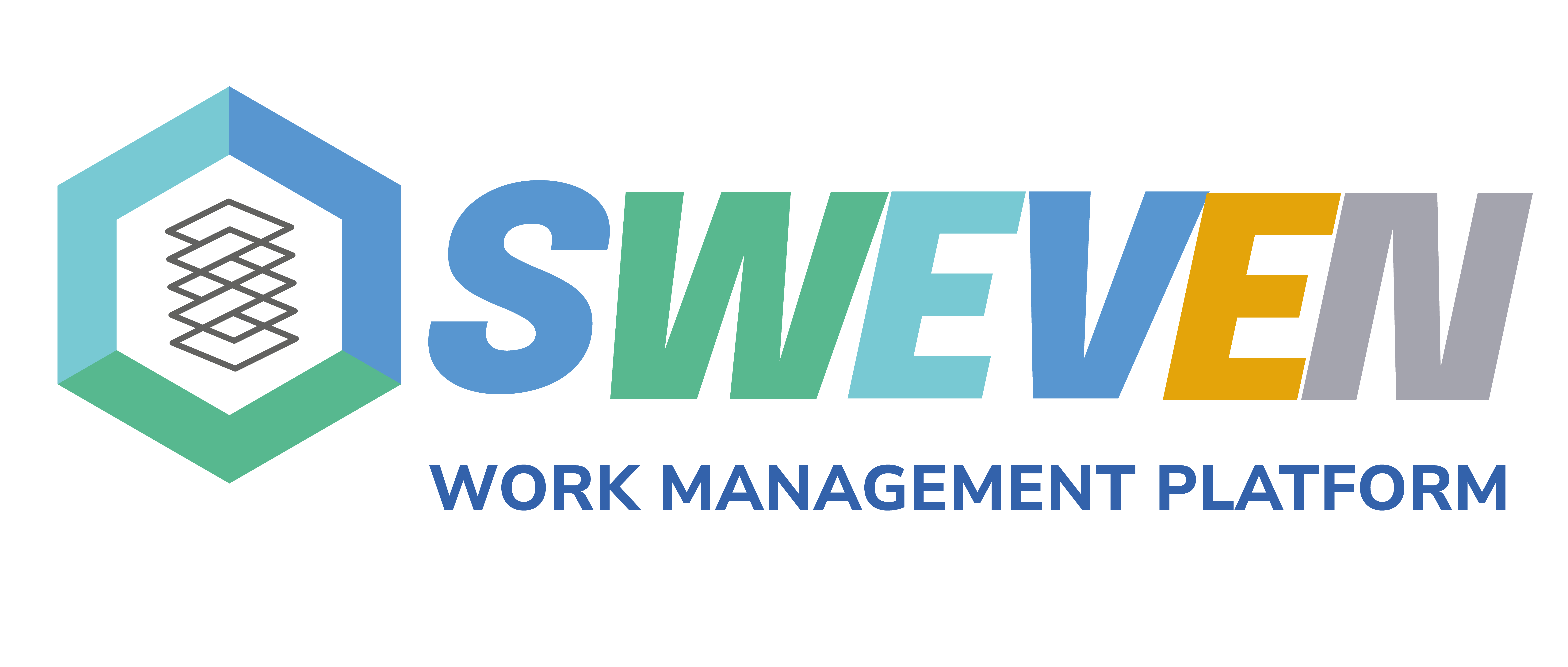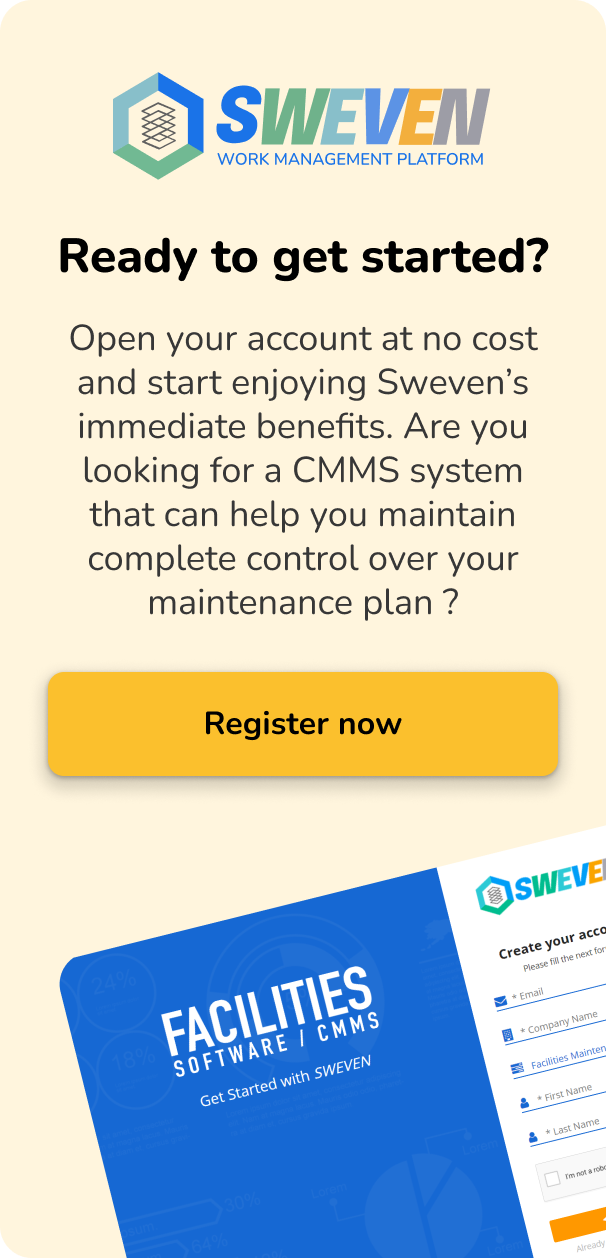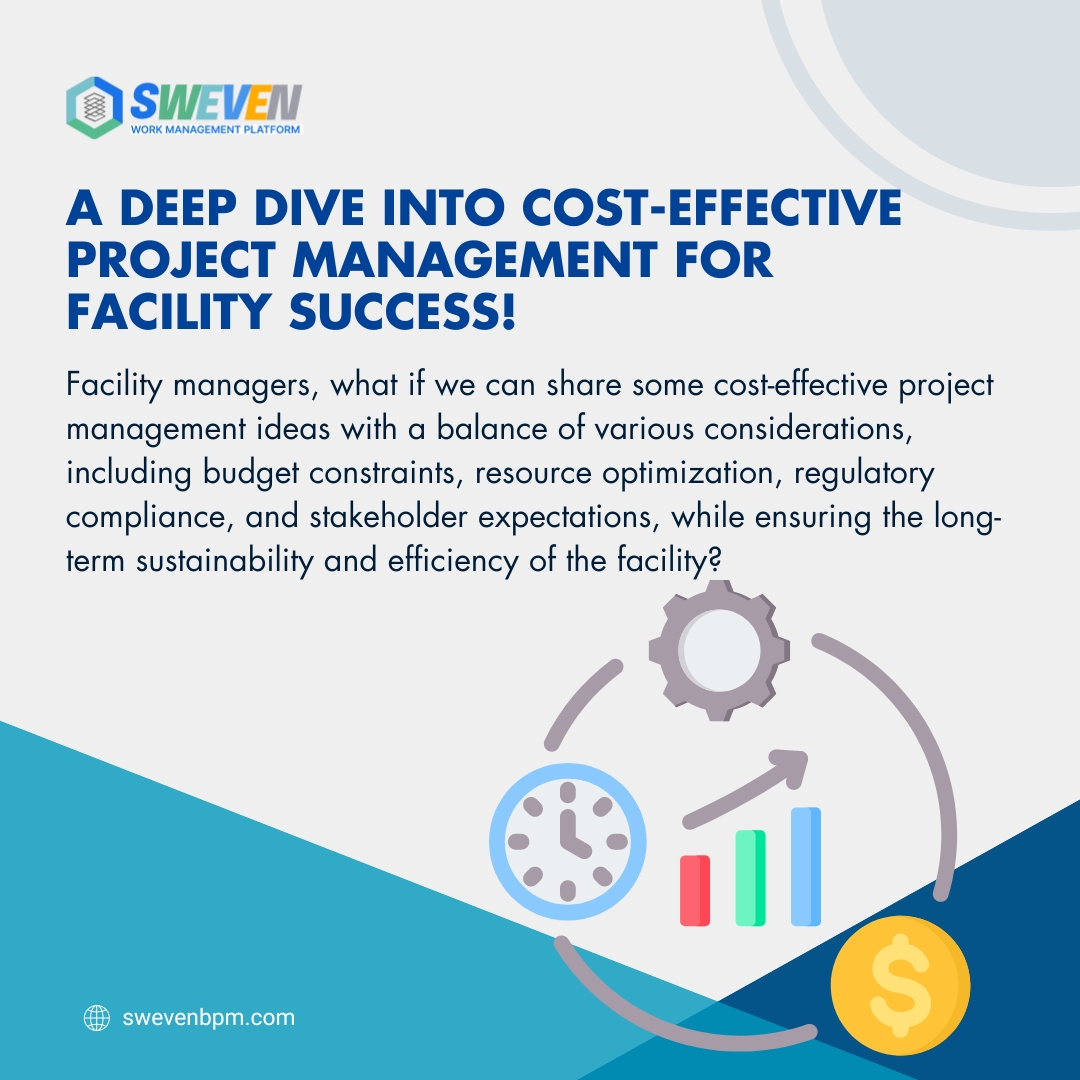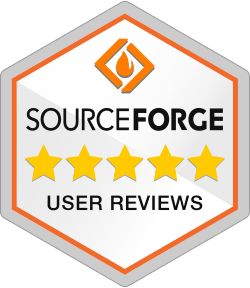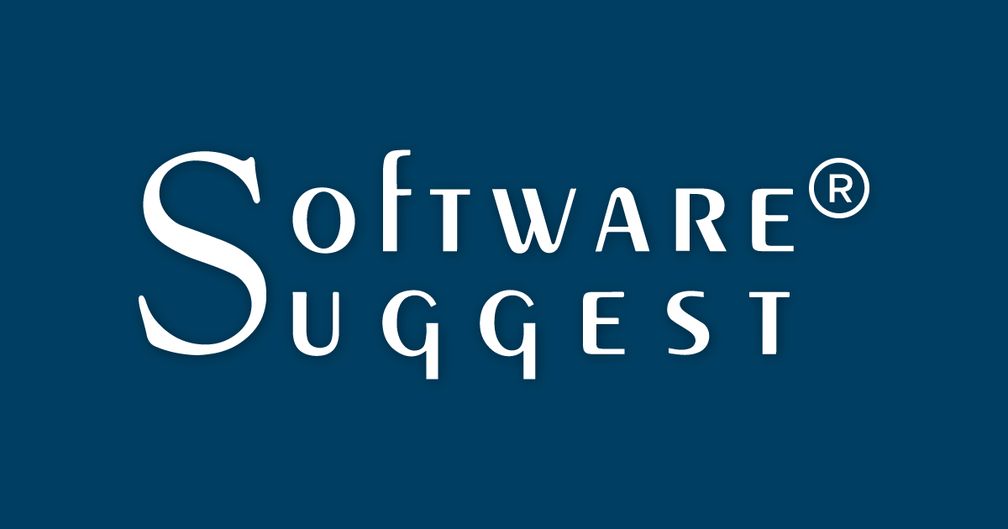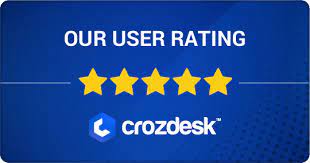In the dynamic world of project management, delivering projects on time and within budget is the ultimate goal. However, for many project managers, the challenge lies in managing costs effectively to ensure profitability. Cost overruns, budget constraints, and unforeseen expenses can quickly erode profit margins, undermining the success of even the most meticulously planned projects. Fortunately, there exists a solution: implementing cost-efficient project management strategies and tools. In this blog post, we’ll explore how project managers can optimize budget allocation, control project expenses, and maximize profitability through cost-effective project management.

Understanding the Pain Point
Cost overruns and budget constraints are common pain points in project management. Despite careful planning and budgeting, projects often encounter unforeseen expenses or delays that impact profitability. Whether it’s scope creep, resource shortages, or external factors beyond control, managing costs effectively is critical for project success.
Solution: Implementing Cost-Efficient Project Management
Cost-efficient project management involves adopting strategies and utilizing tools to optimize budget allocation and control project expenses. By implementing the following practices, project managers can enhance profitability and deliver successful projects:
1. Thorough Planning and Budgeting: Start with a comprehensive project plan and budget that considers all potential costs and contingencies. Conduct thorough risk assessments to identify potential cost drivers and develop mitigation strategies to address them proactively.
2. Resource Optimization: Optimize resource allocation to minimize unnecessary costs and maximize efficiency. Identify opportunities to leverage internal resources, cross-functional teams, or shared services to reduce external dependencies and costs.
3. Cost Tracking and Control: Implement robust cost tracking and control mechanisms to monitor project expenses in real-time. Utilize project management software or financial tools to track expenditures, compare actual costs against budgeted costs, and identify variances early.
4. Regular Performance Reviews: Conduct regular performance reviews to assess project progress, identify potential cost overruns or deviations from the budget, and take corrective actions as needed. Engage stakeholders in transparent discussions about budget constraints and trade-offs to maintain alignment and accountability.
5. Continuous Improvement: Embrace a culture of continuous improvement by analyzing project performance data, identifying lessons learned, and implementing process enhancements. Encourage feedback from project team members and stakeholders to identify opportunities for cost savings and efficiency gains.

Benefits of Cost-Efficient Project Management
Implementing cost-efficient project management offers several benefits for project managers and organizations:
– Improved Profitability: By controlling project expenses and optimizing budget allocation, project managers can maximize profitability and achieve higher returns on investment.
– Enhanced Stakeholder Satisfaction: Delivering projects within budget and meeting profitability targets enhances stakeholder satisfaction and strengthens relationships with clients, investors, and sponsors.
– Competitive Advantage: Organizations that consistently deliver projects on time and within budget gain a competitive edge in the marketplace, attracting new clients and retaining existing ones.
– Sustainable Growth: Cost-efficient project management practices promote sustainable growth by minimizing financial risks and ensuring the long-term viability of projects and initiatives.

Conclusion
In conclusion, cost-efficient project management is essential for maximizing profitability and ensuring the success of projects. By implementing thorough planning and budgeting, optimizing resource allocation, tracking and controlling costs, conducting regular performance reviews, and embracing continuous improvement, project managers can enhance profitability, deliver successful projects, and drive sustainable growth. By prioritizing cost efficiency, project managers can overcome budget constraints, mitigate risks, and achieve greater financial returns, positioning their organizations for success in the competitive landscape of project management.
